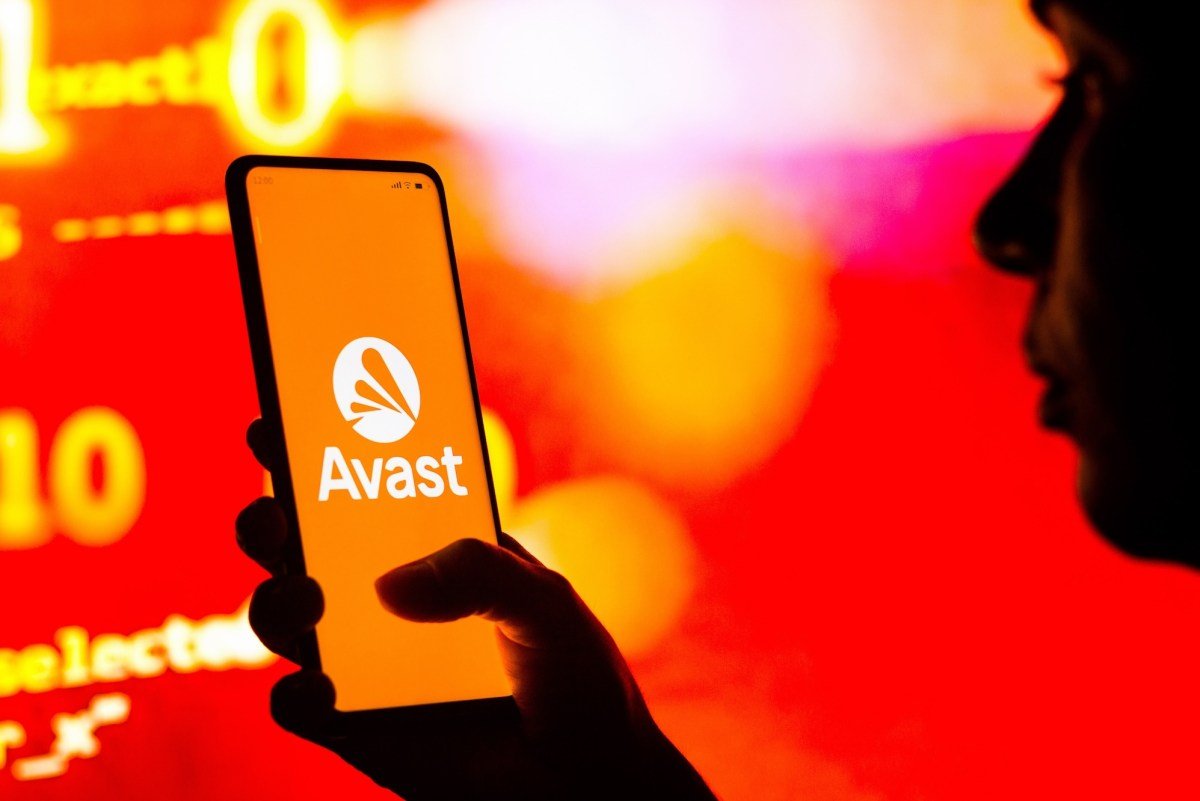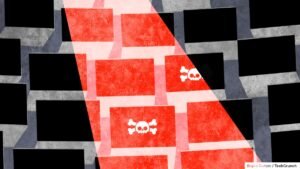The Federal Trade Commission (FTC) on Thursday said it will ban the antivirus giant Avast from selling consumers’ web browsing data to advertisers after Avast claimed its products would prevent its users from online tracking.
Avast has been under fire for misleading consumers about their online privacy. In a recent announcement, the Federal Trade Commission (FTC) has banned Avast from selling user data to advertisers. This move comes after Avast falsely claimed that their products would protect users from online tracking.
In addition to the ban, Avast has settled with the federal regulator for $16.5 million. This settlement is meant to provide redress to Avast users whose sensitive browsing data was sold to ad giants and data brokers without their consent.
“Avast promised users that its products would protect the privacy of their browsing data but delivered the opposite,” said Samuel Levine, director of the FTC’s Bureau of Consumer Protection, in a statement on Thursday. “Avast’s bait-and-switch surveillance tactics compromised consumers’ privacy and broke the law,” said Levine.
The FTC has accused Avast of collecting and selling customers’ online browsing habits for years. This includes sensitive data such as web searches, visited websites, and more. Avast claimed that its browser extensions would “shield your privacy” by blocking online tracking cookies. However, the FTC alleges that Avast sold this data through its now-closed subsidiary, Jumpshot, to over a hundred other companies, earning millions in revenue.
The browsing data sold by Jumpshot revealed sensitive information about users such as religious beliefs, health concerns, political leanings, and their location. In January 2020, a joint investigation by Vice News and PCMag uncovered that Jumpshot was selling this highly sensitive data to major companies such as Google, Yelp, and Microsoft. The report also found that Jumpshot was selling access to users’ click data, including specific web links they were clicking on.
The repercussions were significant as Avast had over 430 million active users at the time. Additionally, Jumpshot admitted to having access to data from 100 million devices. Following the joint report, Avast quickly shut down its Jumpshot subsidiary.
Avast has since merged with Norton LifeLock in an $8.1 billion deal in 2021. It now operates under the parent company Gen Digital, which also owns the computer utility app CCleaner.
When contacted for comment, Gen Digital representative Jess Monney provided a statement to TechCrunch contradicting the government’s allegations. The statement reads, “When Avast voluntarily closed Jumpshot in 2020, it had ceased these practices. The operational provisions of the settlement are consistent with Avast’s current privacy and security programs.”
Avast’s statement also noted that they disagree with the government’s “allegations and characterization of the facts.” However, they are pleased to resolve the matter. It remains to be seen how this settlement will impact Avast and its policies in the future.








